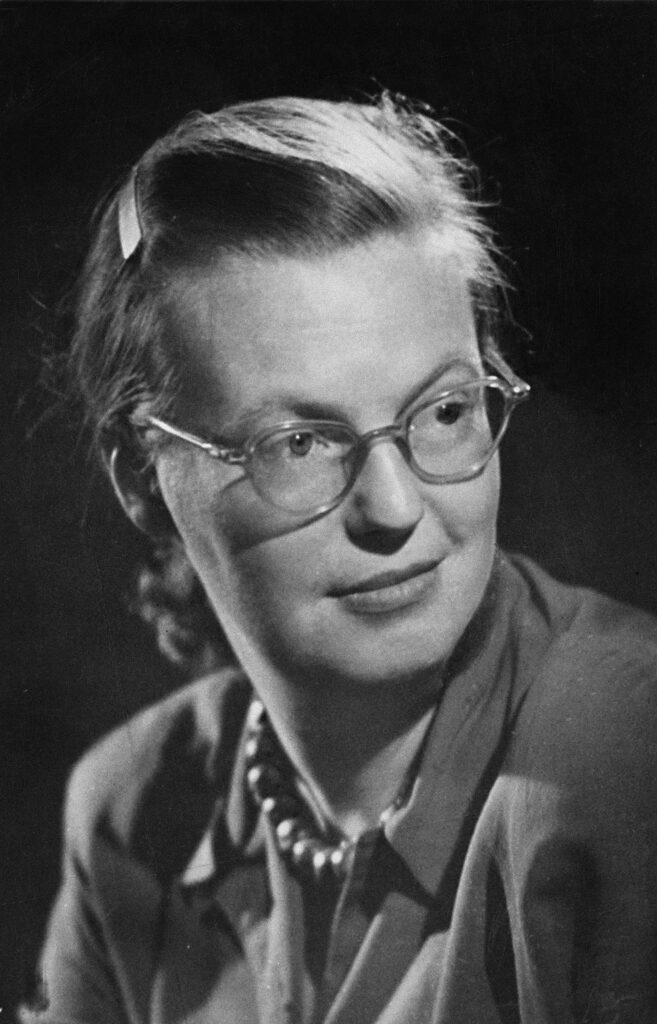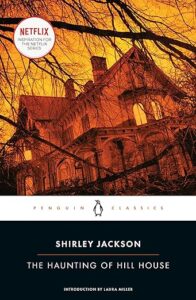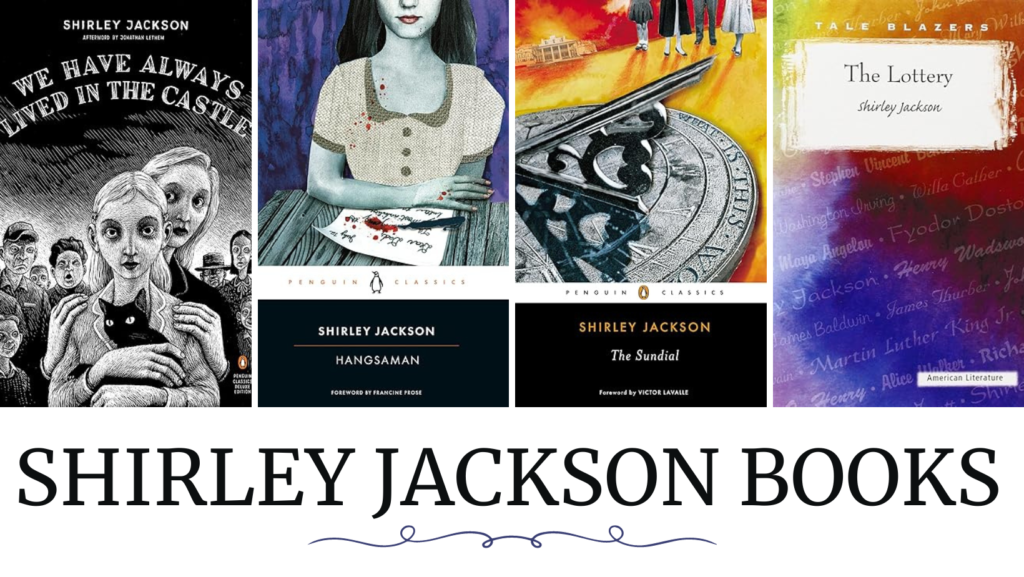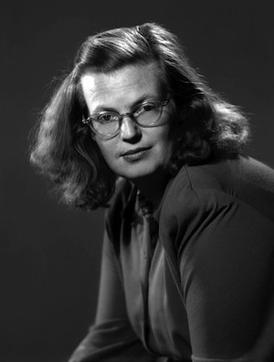The name Shirley Jackson is synonymous with psychological horror with a sense of haunting.
Jackson, perhaps best known for her short story “The Lottery” and novel “The Haunting of Hill House,” authored dozens of short stories and six novels.

After the success of “The Lottery” in 1948, the O. Henry Award winner became a more recognized writer. She continued to write short stories and published a new novel every few years.
Three of Jackson’s books address the struggles of young women of the time. In 1951, she wrote “Hangsaman” based on a real unsolved case of the missing Bennington College student Paula Jean Welden that led to the creation of the Vermont State Police.
Eight years later, “The Haunting of Hill House,” Jackson’s fifth novel forever changed the haunted house genre of literature. It centers on Eleanor Vance, 32, who has spent her adult life caring for her invalid mother, and three other characters spending time in the allegedly haunted Hill House.

Jackson’s final completed novel, “We Have Always Lived in the Castle” appeared in 1962. The gothic tale focused on the relationship of two sisters living in the family home who are ostracized by the town after the deaths of their relatives.
Time magazine named it one of top 10 works of fiction in 1962.
Shirley Jackson’s health problems
Throughout her adult life, Jackson battled anxiety and her weight. Doctors prescribed her a combination of diet pills and antidepressants to address the issues. The combination of mixed prescription drugs, chain smoking and heavy drinking likely contributed to Jackson’s death in 1965 from cardiac arrest.
The 48-year-old was survived by her husband Stanley Edgar Hyman and their four children.
Shirley Jackson’s legacy
The married mother of four famously fictionalized her life and real events around her.
Writing for The New Yorker in 2016, author Zoe Heller wrote “the persona that Jackson presented to the world was powerful, witty, even imposing. She could be sharp and aggressive with fey Bennington girls and sales clerks and people who interrupted her writing. Her letters are filled with tartly funny observations.”
The Shirley Jackson Awards were established in 2007 to recognize “outstanding achievement in the literature of horror, the dark fantastic, and psychological suspense.”

For 16 years, the awards have recognized authors like Stephen Graham Jones for “My Heart is a Chainsaw,” Sarah Rose Etter for “The Book of X,” Kaaron Warren for “Sky,” and Julia Leigh for “Disquiet.”
Shirley Jackson’s novels

- “The Road Through the Wall” (Farrar, Straus, 1948)
- “Hangsaman” (Farrar, Straus and Young, 1951)
- “The Bird’s Nest” (Farrar, Straus and Young, 1954)
- “The Sundial” (Farrar, Straus and Cudahy, 1958)
- “The Haunting of Hill House” (Viking, 1959)
- “We Have Always Lived in the Castle” (Viking, 1962)
Shirley Jackson’s accolades
The O. Henry Prize: Shirley Jackson’s short story “The Lottery” (1948) was awarded the O. Henry Prize for Best American Short Stories.
National Book Award Finalist: Her novel “The Bird’s Nest” (1954) was a finalist for the National Book Award in the Fiction category.
Guggenheim Fellowship: In 1956, Jackson received a Guggenheim Fellowship, a prestigious grant that recognizes individuals with exceptional artistic talent and achievements.
The Mystery Writers of America Grand Master Award: In 1965, Shirley Jackson was named a Grand Master by the Mystery Writers of America, recognizing her significant contributions to the mystery and suspense genres.





